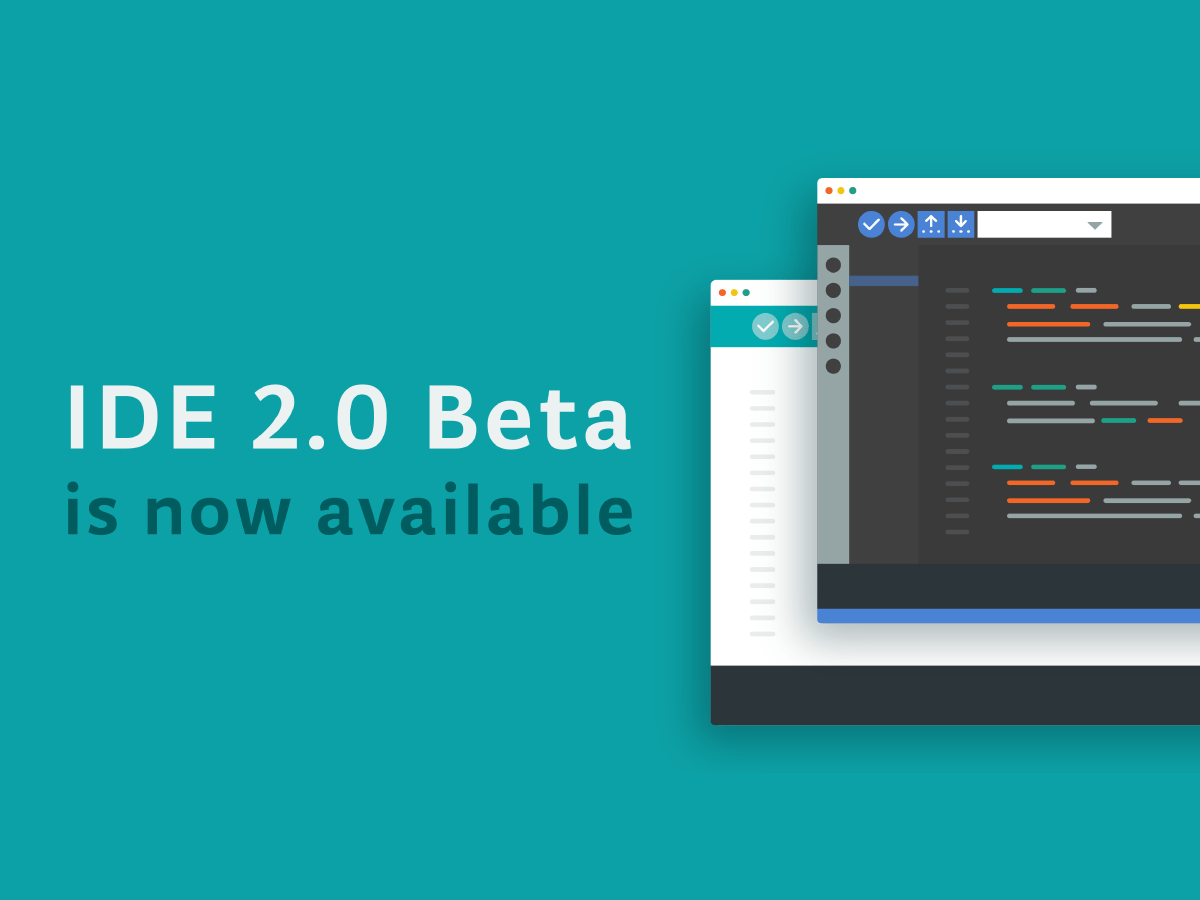PA3040
Advanced Member level 3

Hi Everyone , Have a nice day !
I participated the meeting that for make a new syllabus for school students in grade 9 and 10
Subject is Robotics technology
We decided to use Arduino Microcontroller board ( Arduino Uno) to make a robot
Final project of this syllabus is make a line follower robot
I pointed out that student must explain the operation of the robot by using debugging method( Ex How does sensor work , Sensor output in the bends and direct line).
But one of senior lecture did not agree with me and he said that debugging can't be used with Arduino and he told that he do not like used debugging word hear
please explain the reason in both agree or disagree in this regard about what senior lecture words
Thanks in advanced
I participated the meeting that for make a new syllabus for school students in grade 9 and 10
Subject is Robotics technology
We decided to use Arduino Microcontroller board ( Arduino Uno) to make a robot
Final project of this syllabus is make a line follower robot
I pointed out that student must explain the operation of the robot by using debugging method( Ex How does sensor work , Sensor output in the bends and direct line).
But one of senior lecture did not agree with me and he said that debugging can't be used with Arduino and he told that he do not like used debugging word hear
please explain the reason in both agree or disagree in this regard about what senior lecture words
Thanks in advanced


